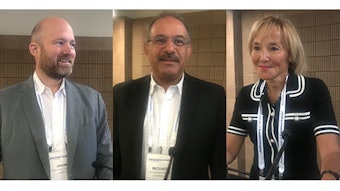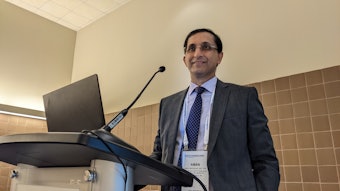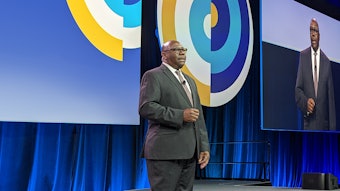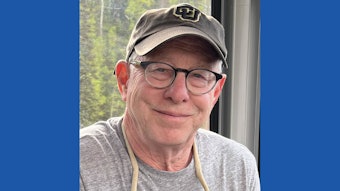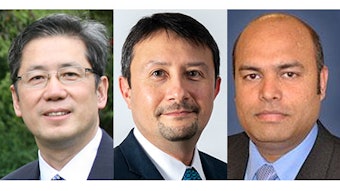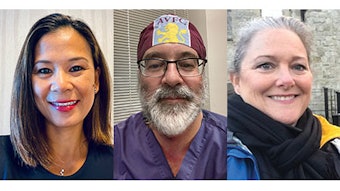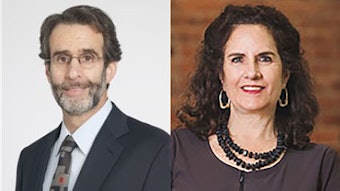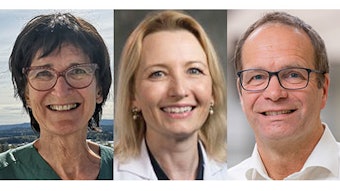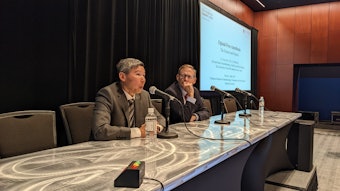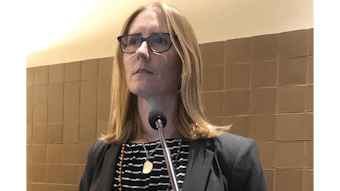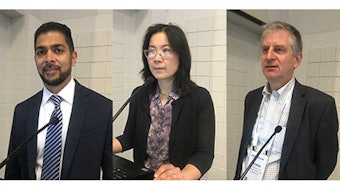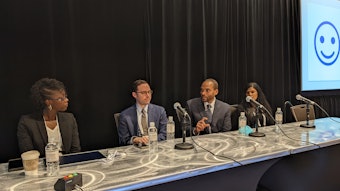Slow down and consider the fasting facts
No simple answers when deciding your patients’ needs
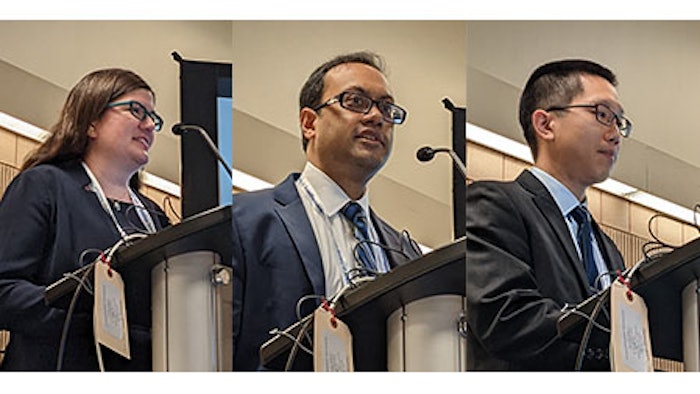
Everyone agrees that fasting before most types of surgery is a necessity, but not everyone agrees on how long that fasting should take place and the risks certain food items could pose to patients.
Rohesh Fernando, MD, FASE, FASA, Assistant Professor of Anesthesiology, Medical Director, and head of the Cardiothoracic Anesthesia Associate Section at Wake Forest University School of Medicine in Winston-Salem, North Carolina, spoke about a particularly challenging case in the 2022 Clinical Forum, “Fasting Guidelines: Challenges, Controversies, and Corroboration.”
The patient was a 16-year-old female with no past medical history who was having orthognathic surgery to wire her jaw shut.
“So, as most of us would do, she chose a good meal to have the night before – a cheesesteak with fries,” he said. “And in the recovery room, she vomited with liquid coming out from between the wires and the patient complaining of fries in her mouth.”
The patient had no risk factors for aspiration, so the question then becomes should her stomach have been empty, and would a gastric ultrasound have helped prevent the unfortunate outcome? The answer to those questions, according to Dr. Fernando, is complicated.
“She really didn’t have any risk factors, as far as we know, for aspiration,” he said. “Her stomach should have been empty but remember (some case studies show) patients who were fasting who should have had empty stomachs but didn’t. Should they have performed a gastric ultrasound? I would have said not necessarily. You want to have a decent pre-test probability, and hers would have been fairly low. If you had used it, then perhaps you would have discovered it.”
Bryan Chow, MD, resident physician at Duke University in Durham, North Carolina, highlighted another case of an 85-year-old man with hypertension and type 2 diabetes who had a hip fracture after a fall. At the time of surgery, the patient had not had any solids for 16 hours. Dr. Chow said the consequences of prolonged fasting like this can include thirst, hunger, dehydration, insulin resistance, a decrease in systolic blood pressure, and postoperative delirium.
“When we think about fasting, we usually worry about fasting or non-fasting delaying the induction of anesthesia or cancelling the case,” he said. “But I think sometimes it would be important for us to reframe our thinking and look at it as a problem when patients fast for too long because they can clearly have a lot of detrimental effects as well.”
Session moderator Elizabeth Malinzak, MD, FASA, Associate Professor at Duke University, said some of the biggest controversies in fasting revolve around the simple fact that there just aren’t enough studies on specific foods out there to give solid information. She said more research is needed on foods like gelatin snacks (such as Jell-O) and even procedure prep treatments like GoLytely.
“The ASA guidelines are great, and they are based on the best data we have in the literature. However, there’s just not a lot of it out there,” she said. “So, following the guidelines does not always prescribe the optimal care for a particular patient.”
Visit Annual Meeting Daily News for more articles.
